Using #YourDigitalLibrary to explore the history of UK suffrage in light of the forthcoming general election
However you feel, whether passionate or uninterested, staunchly aligned or ambivalent about party manifestos, there is a general election coming on Thursday 12th December.
Voter registration closes at midnight on Tuesday 26th November (tomorrow) and if you want your voice to be heard but you’re not yet registered you need to meet this deadline. Huge numbers of the British population don’t exercise their right to vote each general election. Many very understandably feel disillusioned, disregarded, and confused by the deluge of (often contradictory) information we are bombarded with every day about this country’s present state and the trajectory it should take. You may feel that your vote doesn’t count, that in the grand scheme of things it won’t change an inevitable outcome. But our city, Canterbury, is a perfect example of just how vital every vote is, and CCCU library’s online resources give us an insight into how essential it is that we engage in an exercise that we may take for granted today but that was in fact fought for tooth and nail.
Making History
Prior to the results of the 2017 general election, Canterbury had been considered a safe Conservative seat, having been blue for decades upon decades, and previous Conservative MP Julian Brazier having held it since 1987. And then Rosie Duffield snatched victory with a majority of just 187. Fewer than 200 people made history and turned Canterbury red. Our little city in Kent is illustrative of the power of voting, and with it now a marginal seat with such a slim number between the two major parties, it is clearer than ever just how much it matters that everyone who can turn out, does so.

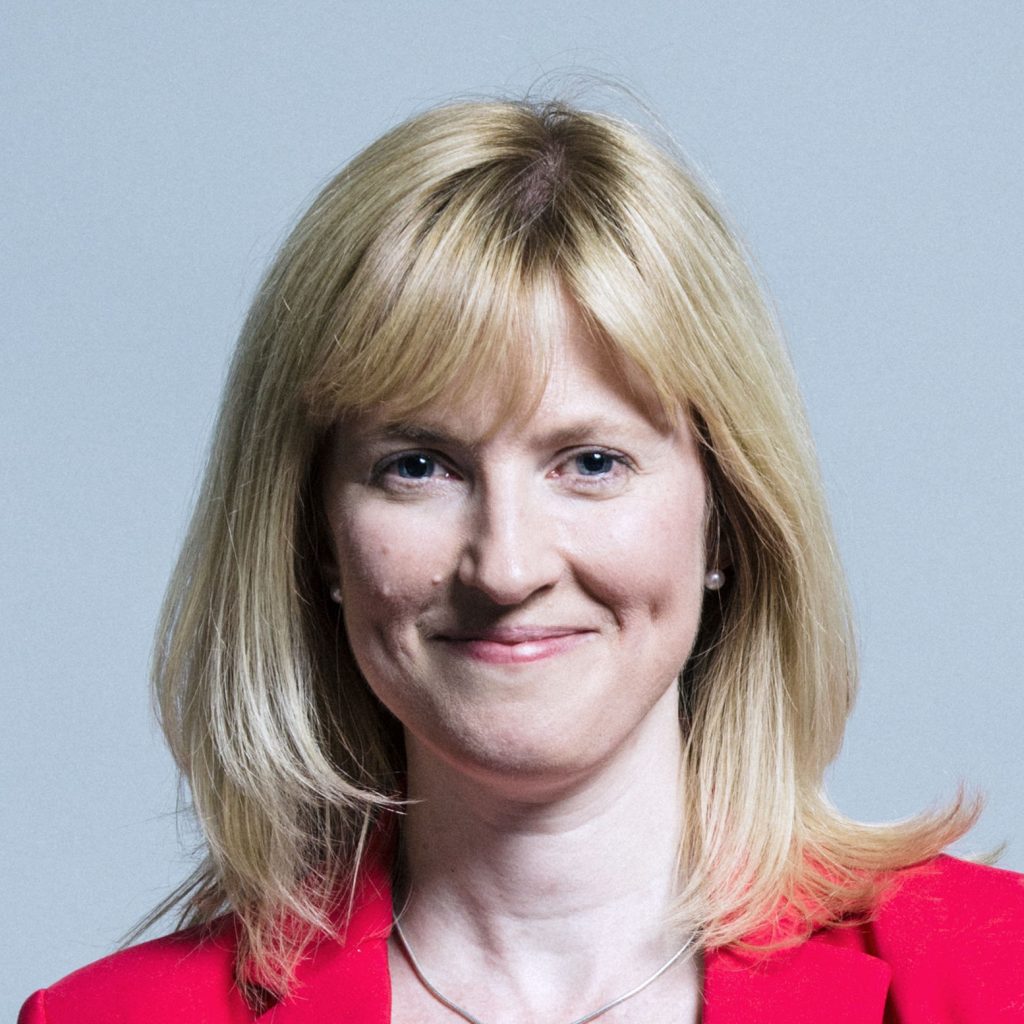
Exploring History
When you participate in our democratic system you are exercising a right that was hard-won. If you would like to learn more about the history of suffrage in the United Kingdom you can use #YourDigitalLibrary to do so, with a quick look through LibrarySearch pulling up many journal articles with which to get started. There is much focus of course on the Suffragist and Suffragette movements, groups of women who employed varying tactics in the campaign for votes, the former more moderate under the leadership of Millicent Fawcett and the latter, led by Emmeline Pankhurst’s Women’s Social and Political Union (WSPU), radical in nature, engaging in activities that made their cause hard to ignore. You can, for example, read analyses of the militant nature of the suffragettes, such as in the examples below:

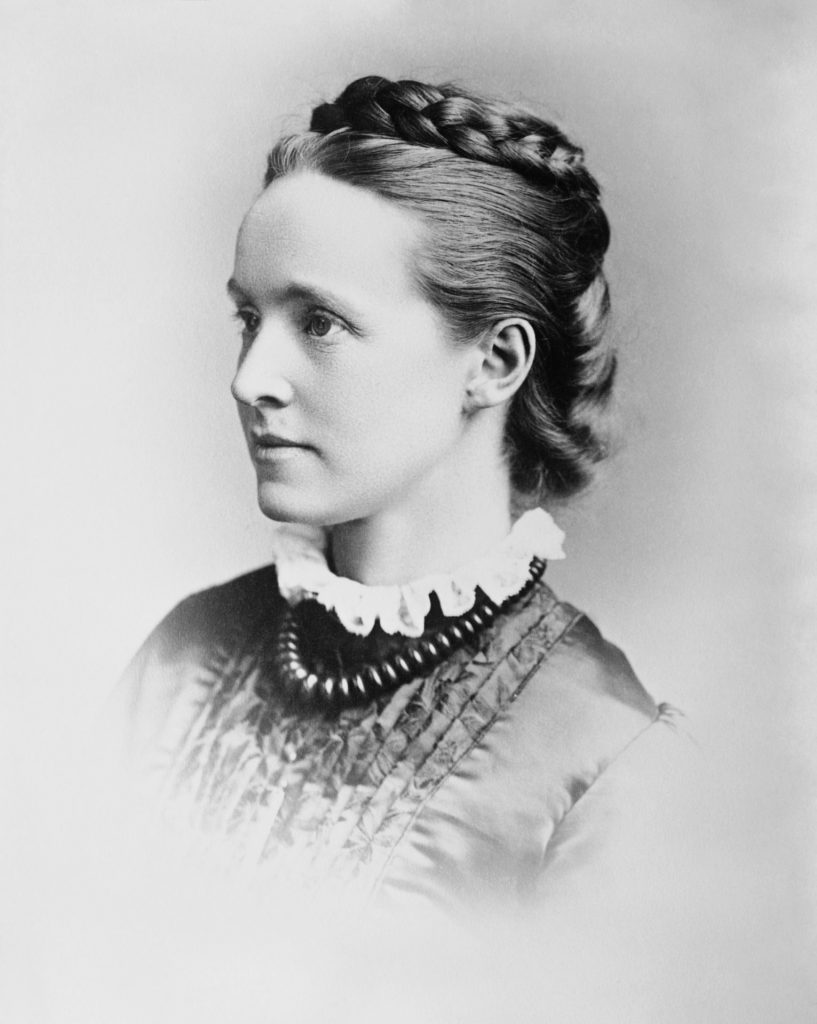
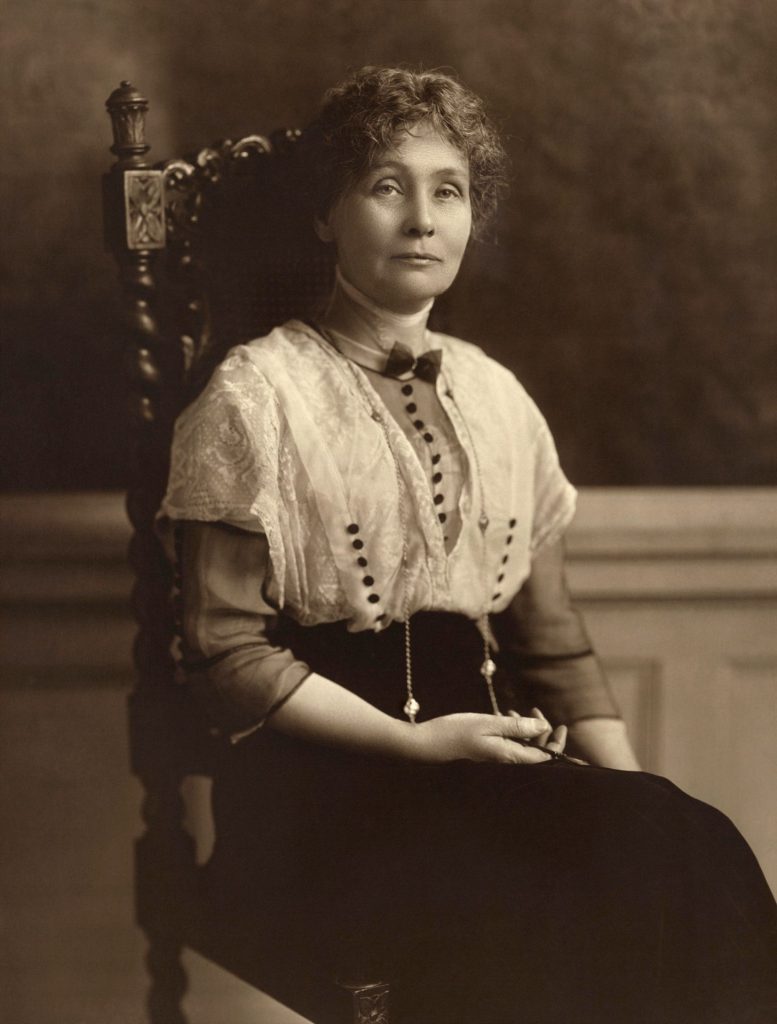
There are also articles exploring the struggle British working-class men faced in gaining suffrage. Beginning in the 1830s, the Chartist movement fought for political reform and the right for all men aged 21 and over to vote, not just those who owned property. There are some really interesting pieces delving into this period of history and the ways in which the Chartists attempted to achieve their aims, a snippet of which are shown below:
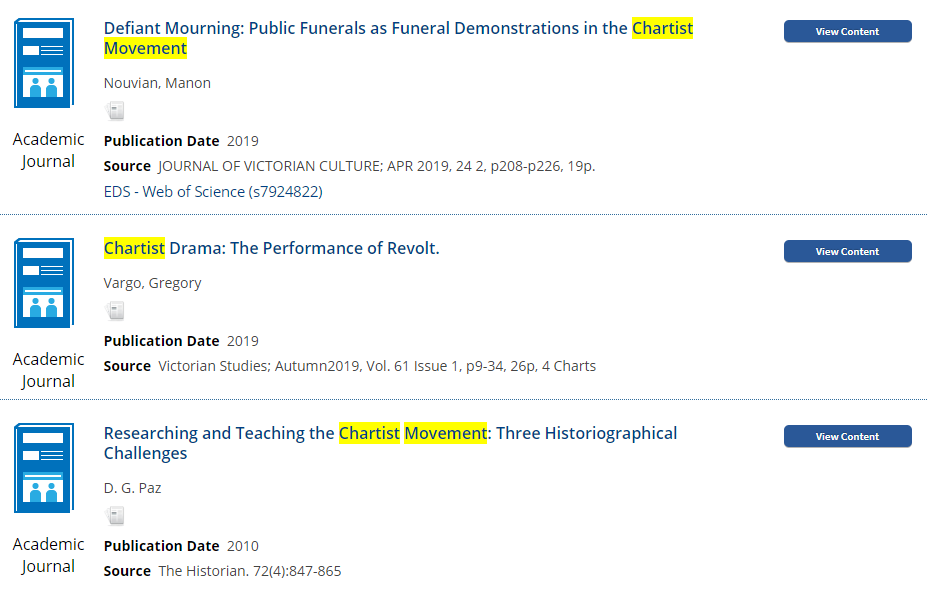
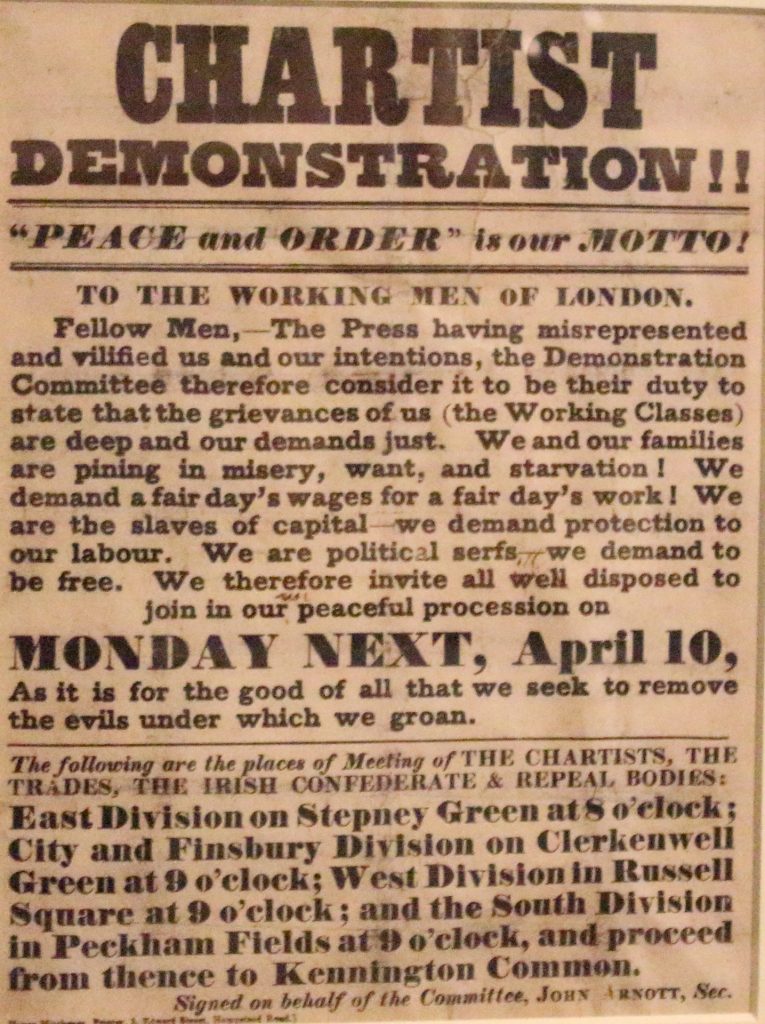
I also came across this fascinating article connecting Chartism to the EU Referendum campaigns, and exploring the ways in which legislation drawn up in 1848 is relevant to the pledges made on the run up to the 2016 vote:

Whenever we are tasked with voting, whether it be in a referendum or an election, either local or general, we do so in the context of the history that has preceded us and knowing the roots of our democratic process gives greater perspective on the importance of getting involved.
You can also go further back in British history to the English Civil War and the 1647 Putney Debates, whereby the dissenting New Model Army, opponents of the monarchy, discussed the makeup of a new constitution for Britain based upon the principle of ‘one man, one vote’. The articles below can give you a greater insight into these momentous deliberations:
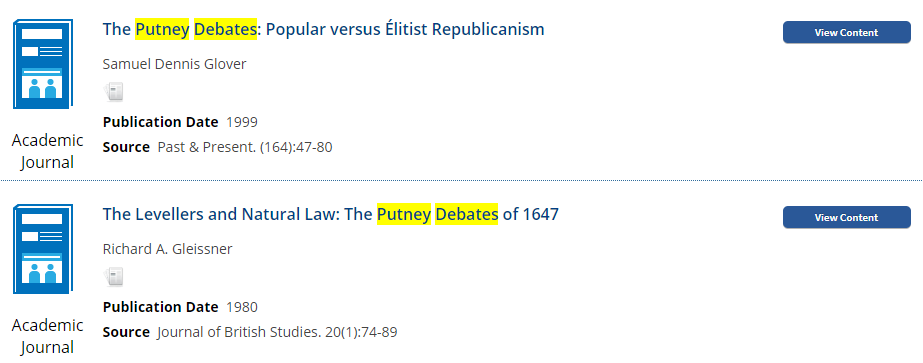
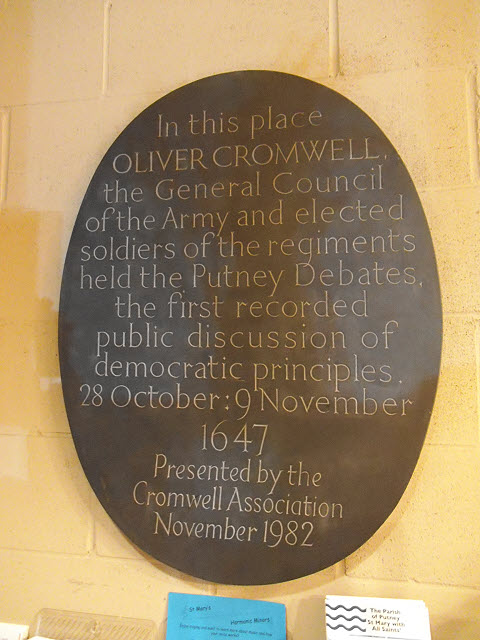
Last year the centenary of the women’s vote was celebrated but the 1918 Representation of the People Act, which also finally granted the right to vote to all men aged 21 and over, had some way to go in terms of equality. It would be a further 10 years before all adult women were enfranchised, not just property owners over 30. Men and women have fought at all levels of society to ensure that UK citizens are not disenfranchised and we owe them a huge debt of gratitude. What better way to honour their struggles and achievements than by marking that ‘x’?
#YourDigitalLibrary – More Than E-Books and Journals
In addition to the electronic journals available, LibrarySearch also grants students and staff access to the excellent and extensive Box of Broadcasts (located via the ‘Find Databases A-Z‘ link on the LibrarySearch homepage), which contains a number of television documentaries and radio programmes about suffrage and the history of democracy in the UK, plus the recent film Suffragette, which features a stellar cast including Meryl Streep, Carey Mulligan and Helena Bonham Carter.
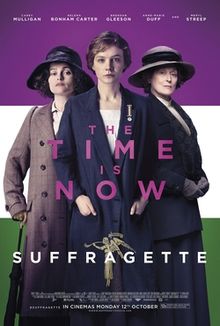
Through LibrarySearch‘s ‘Find Databases A-Z‘ we can also access newspaper articles from the 19th Century via the British Library, and search for clippings that give us an insight into how campaigns against disenfranchisement were reported and commented on at the time.

Make Yourself Heard
There are calls from some quarters for reform of our voting and representation system but whatever your views, either on first past the post vs. proportional representation or on which political values you hold dear and where your affiliations lie, this is the system we have and it is imperative we engage with it. Every time you step into a cubicle, mark your ballot and cast your vote, you have the potential to steer the future. You can register to vote both at your home address and in your term-time place of study; you can only vote once of course but it’s important to know that you can make the process of voting as easy as possible for yourself, and think tactically about where your vote might be most needed i.e. if your home constituency is a safe seat as opposed to the marginal seat of Canterbury. You deserve a say in how the places you live, work, and study are run. You deserve the chance to vote in support or in protest of the issues that matter to you. You deserve the opportunity to change the course of history. If you are eligible to vote, please register by 26th November if you haven’t already done so and turn out on 12th December.
 Library
Library Emma Latham
Emma Latham 611
611


